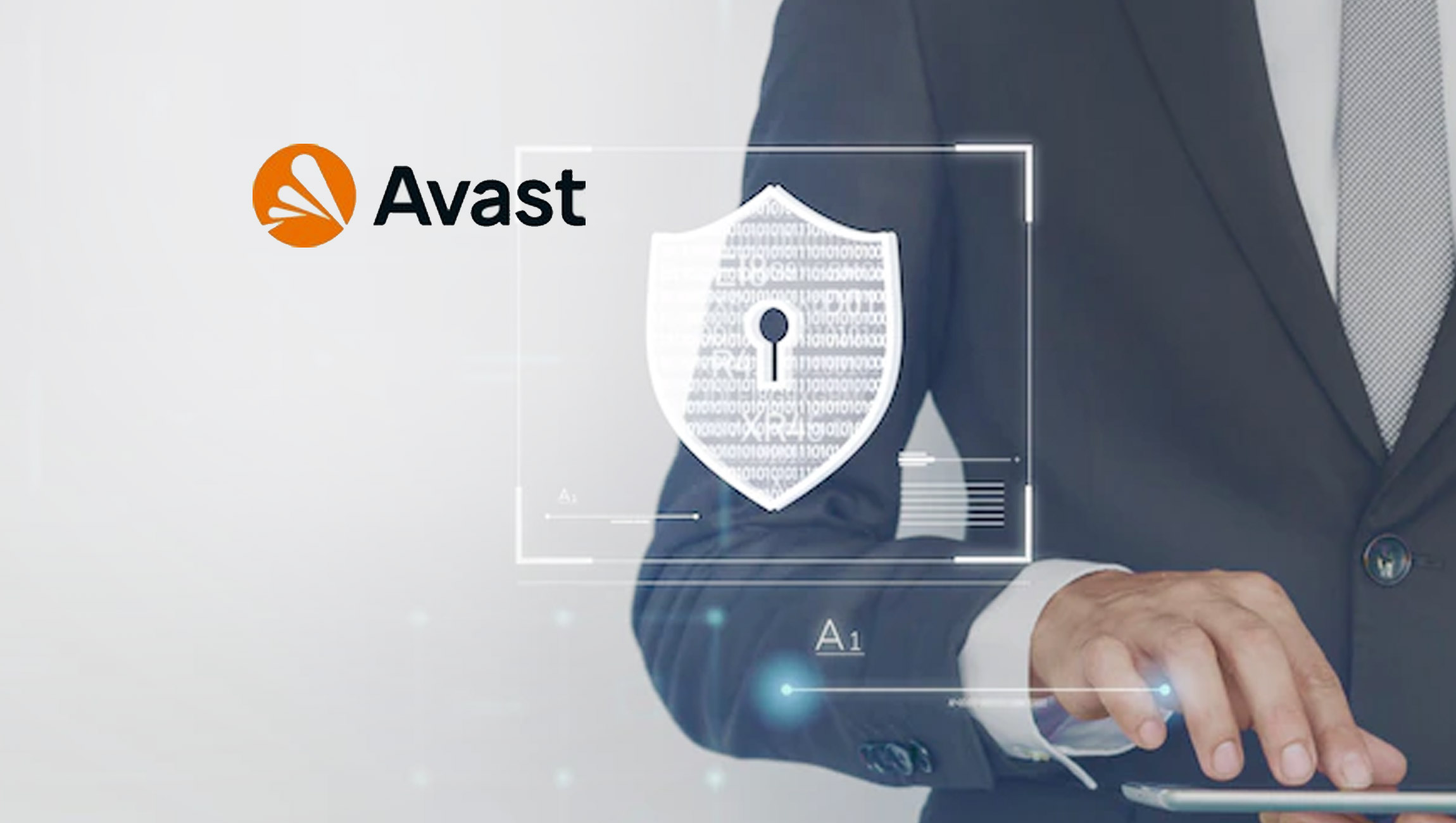For the second quarter in a row, Avast One Essential, Avast Free Antivirus and Avast Secure Browser receive the highest phishing detection scores in AV-Comparatives’ latest analysis of consumer antivirus and browser products
Avast One Essential and Avast Free Antivirus, the award-winning online protection services from digital security and privacy leader Avast, have secured first place for the second time successively in a quarterly phishing detection comparison test* run by AV-Comparatives, an independent testing organization for antivirus (AV) products. Both products recorded a detection rate of 99%, ahead of Kaspersky (96%), Avira (95%) and Bitdefender (92%). The study also evaluated the effectiveness of phishing page detection among some of the world’s leading browsers. Avast Secure Browser, a privacy-first browser with anti-phishing technology, also ranked first with a 97% block rate, a two percent increase on the previous test in January, while Microsoft Edge and Mozilla Firefox came in second and third with block rates of 82% and 79%, respectively.
Marketing Technology News: MarTech Interview with Matt Ramerman, President at Sinch for Marketing
AV-Comparatives’ study, which ran from 21 March to 5 April 2022, tested all browser and antivirus products in parallel, exposing each to 250 valid and independently-selected phishing URLs, and 250 clean URLs for false alarm detection. The phishing protection provided by the AV products was tested on Windows 10 using Google Chrome 97.0 with Google Safe Browsing disabled. The browser extensions of the AVs were installed and enabled, and the competing browsers were tested without an antivirus program running. At the time of testing, all products were updated to their latest software versions.
“Given the prevalence of phishing attacks in both targeted and mass attacks, phishing protection is an important part of IT security measures,” said Andreas Clementi, founder and CEO of AV-Comparatives. “In this independent test, Avast proved that its antivirus and browser products provide strong protection against phishing attacks.”
“Maintaining an industry-leading detection rate to apply to our products and services is one of the most important components of protecting digital freedom for consumers and businesses,” said Siggi Stefnisson, Head of Threat Labs, at Avast. “It is also expected by our customers, so we’re very pleased to have maintained our lead for both our AV products and Avast Secure Browser. Last year, our threat detection engine identified and blocked nearly four million unique phishing URLs each month on average. Phishing continues to be one of the most common threats we encounter today as cybercriminals up the ante with spray-and-pray tactics but also targeted and personalized attacks.”
Editor’s Notes:
*This report was commissioned by Avast, however AV-Comparatives’ anti-phishing test of all products was carried out impartially and under identical conditions. The phishing sites were selected independently by AV-Comparatives without instruction, influence, dispute, or review from Avast or any of the tested parties.
A complete breakdown of the antivirus and browsers products tested are listed below:
Antivirus Products:
Avast Free Antivirus 22.2, Avast One Essential 22.2, Avira Free Security 1.1, Bitdefender Internet Security 26.0, ESET Internet Security 15.0/15.1, Kaspersky Internet Security 21.3, Malwarebytes Premium 4.5, McAfee Total Protection 16.0, Microsoft Defender 4.18 (with Defender browser plugin for Chrome), NortonLifeLock Norton 360 22.22.
Browsers:
Avast Secure Browser 99.0, Google Chrome 99.0/100.0 (with Safe Browsing), Microsoft Edge 99.0/100.0, Mozilla Firefox 98.0, Opera 85.0.
Marketing Technology News: MarTech Interview with Ben Regensburger, CEO at Peach











